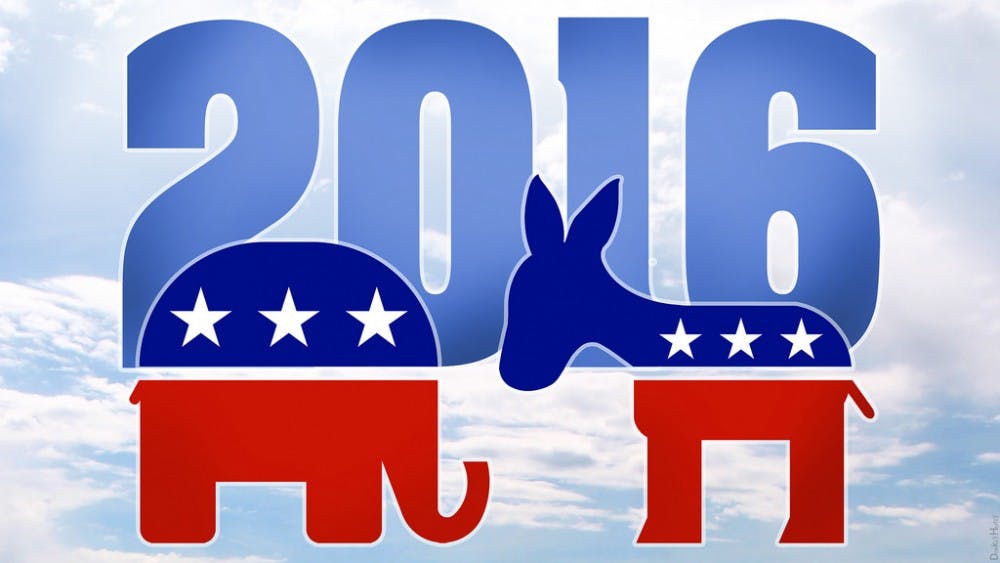Has this election season got you feeling upset, distressed or anxious? Do you find yourself constantly worrying about the future of the country? Does reading the news and watching debates stress you out?
It turns out you’re not alone—according to a survey conducted by the American Psychological Association (APA) 52 percent of American adults reported feeling stressed out by this year’s election.
This varies little depending on which party you belong to—59 percent of Republicans compared to 55 percent of Democrats indicated that the election has been causing them a significant amount of stress. While levels were almost identical for men (51 percent) and women (52 percent), results varied for each generation, with millennials (56 percent) and seniors (59 percent) being the most affected.
And of course, the permanent presence of social media isn’t helping. 38 percent of people pointed to discussions of politics on social media as a source of stress.
Therapist and author Steven Stosny, PhD., has coined the term Election Stress Disorder to describe the distress caused by the presidential race, but anxiety about the presidency isn’t a recent development. Back in January, a Washington Post–ABC News poll indicated that 69 percent of people were worried about a Trump presidency compared with 50 percent of people for Clinton.
It’s not hard to see that this election season has been particularly different from those in the past. The campaigning has been marked by extremes. The competition between the two candidates has been heated. Many people are dissatisfied with one or both of the candidates, with several people claiming that they would move to Canada to escape a Trump presidency. The lack of choice can leave people feeling helpless and hopeless. The presidential race has been polarizing, dividing and alienating.
Steven Stosny, PhD., told the Washington Post, “It’s an election where you’re likely to be against something rather than for something. To be against something you need anger, adrenaline, confirmation bias (seeing only what you believe) and a desire to punish. Being for something generates passion and a desire to make things better.”
However, the campaign trail has also been littered with extensive hate speech. On his race for the White House, Donald Trump has managed to alienate and attack several marginalized groups, including Latinos, immigrants, African Americans, Muslims and women. If you belong to one of those groups, you may feel as if your equality, safety or very presence in this country has been questioned and threatened, and in that case, you could be much more than just worried.
The rhetoric of the debate has also exposed a lot of tension, anger, discrimination and hate in the population at large—which is also quite scary. The fast acceleration of the campaign, as well as the rapid succession of disastrous events in between debates has also made it feel like it’s something we can’t get away from. So it’s not shocking that this election is causing stress.
So what do you do if you’re experiencing Election Stress Disorder?
The APA recommends limiting media and news consumption, including decreasing time spent on social media, discussing the election less, participating in volunteer work or community service and of course, voting.
It’s disturbing that an election that has yet to happen is already having negative impacts on more than half the population’s mental health, but there are ways to manage that stress, which will be especially important and useful in the next couple of weeks.

